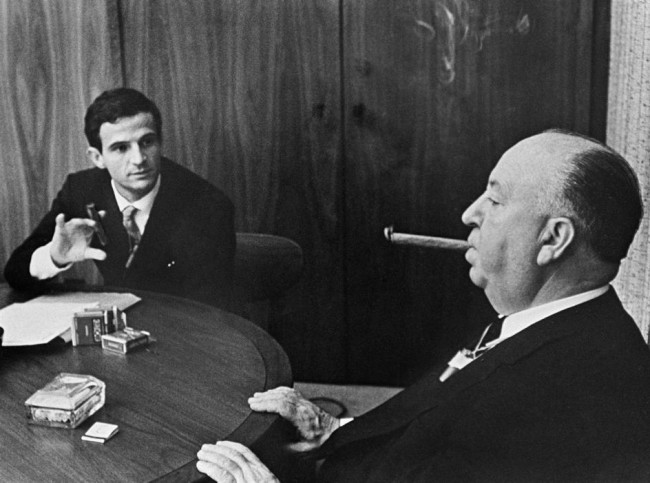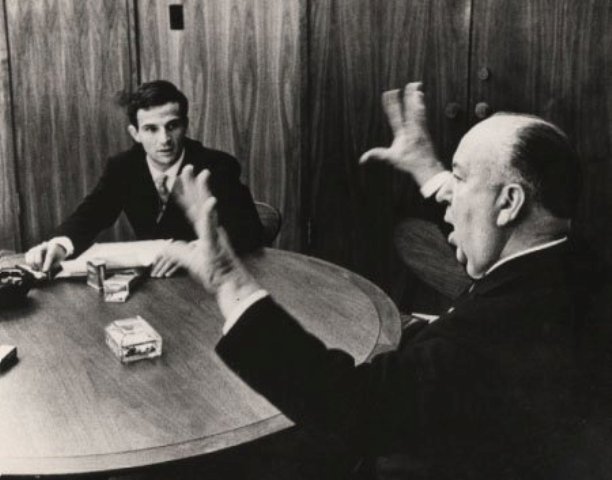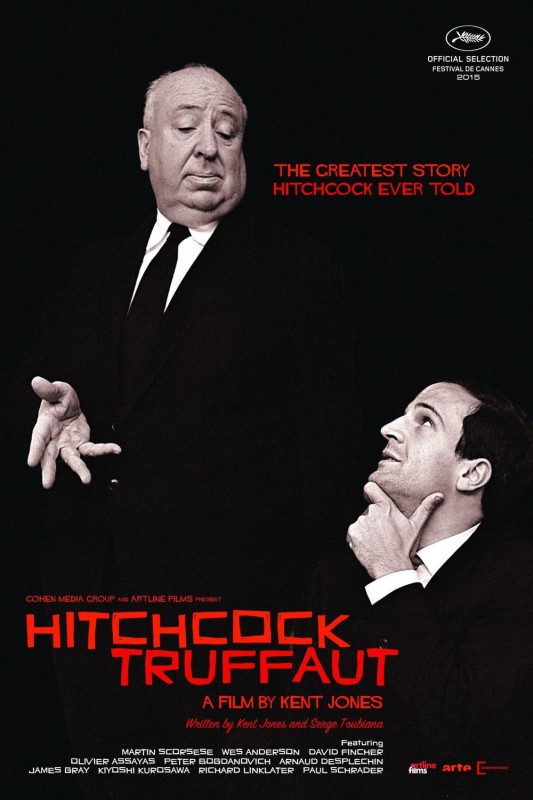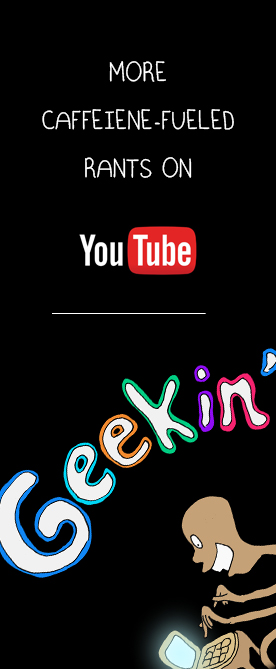By James Hancock September 5th, 2015
Never have I been so happy that I kicked my butt out of bed in order to go stand in line for a movie where there was a very good chance I would not get into the screening. When I saw director Alexander Payne casually strolling into the theater to see the film, I knew I had made the right choice. By luck, I made the cut to see Hitchcock/Truffaut, a documentary from director Kent Jones that I feel will quickly earn a reputation as one of the all-time essential movies about film history. Back in the early 1960s, when François Truffaut only had a few films under his belt, he invited Alfred Hitchcock to participate in a series of interviews about Hitchcock’s entire filmography, the result of which was the legendary book Hitchcock by Truffaut: A Definitive Study of Alfred Hitchcock which has served as a holy tome of craft and technique for filmmakers ever since. Using this book as a jumping off point, the documentary also invites the perspective of directors like Martin Scorsese, Peter Bogdanovich, Paul Schrader, Wes Anderson, Richard Linklater and David Fincher to chime in on what the book meant to them and what they think about Hitch’s best work. If you’re a hardcore cinephile, and you know who you are, then this movie will keep you in a state of bliss for its 80 minute running time. The flip side is that when the movie ends you’ll likely be howling with rage that there are not a few more hours of the movie to enjoy.
The heart of this movie is the warm relationship that develops between Hitchcock and Truffaut. In spite of coming from two different generations and two different cultures, the professional and personal friendship that builds between them over time is incredibly moving to watch. As unbelievable as it might sound today, there was a period where film critics looked down on Hitchcock as merely an entertainer. While many today celebrate Vertigo (1958) as his most mysterious and beautiful film, in the early 1960s the movie was considered a failure that Hitch needed to recover from. In one of the many amazing anecdotes in the documentary, Martin Scorsese and Paul Schrader talk about how in the 1970s Vertigo was essentially a lost film where a film fan was lucky if they could find a 16 mm print in someone’s personal collection just to see the movie at all. With the arrival of the French New Wave in the late 1950s/early 60s, François Truffaut quickly became the darling of the critical community yet they were shocked and horrified when Truffaut, a well known film historian and critic, named Alfred Hitchcock as his favorite filmmaker. In response, Truffaut decided that it was time for a critical reassessment of Hitch’s films and wrote him a letter proposing the book that is not only the focus of this movie but also one which changed the way we look at Hitchcock forever.

The real treat of this documentary is the use of the original audio from Truffaut’s interviews with Hitchcock. Director Kent Jones has some incredible sequences where a director like Martin Scorsese is talking at length about the poetry of Vertigo only to be interrupted by the voice of Hitchcock talking wryly about the latent necrophilia being expressed by Jimmy Stewart’s character. Hitchcock’s humor prevents the movie from plummeting into academia and helps the film to remain as lively and entertaining as the Master of Suspense would have wished. For filmmakers more interested in the technical side of filmmaking, this movie is a crucial resource. From Hitchcock’s origins in the silent era learning to tell stories pictorially to contracting and expanding time with the editing process or how to corral difficult actors into surrendering to a director’s vision, this film is relentless in exploring as many facets to Hitchcock’s technique as humanly possible. While he may have at times appeared cruel to the talent he work with, Hitchcock had the utmost confidence in the stories he was telling and was not interested in sacrificing the structure of his films to an egotistical actor’s desire to improvise. Nor was he concerned with exploring any themes or preoccupations that were not his own. I could go on endlessly about how I much love this movie but honestly writing this is making me depressed that I am unable to go back and watch this movie again immediately. The only way to scratch the itch for now is for me to go on a Hitchcock marathon and plow through as many of his films as possible when I get home from Telluride. So whether you are a lifelong fan of Hitchcock like David Fincher or just want to hear from some of today’s best directors about how Hitchcock’s films have influenced their careers, I give Hitchcock/Truffaut my highest possible recommendation and would not be surprised at all if it ends up coming in first as my favorite film of 2015.








